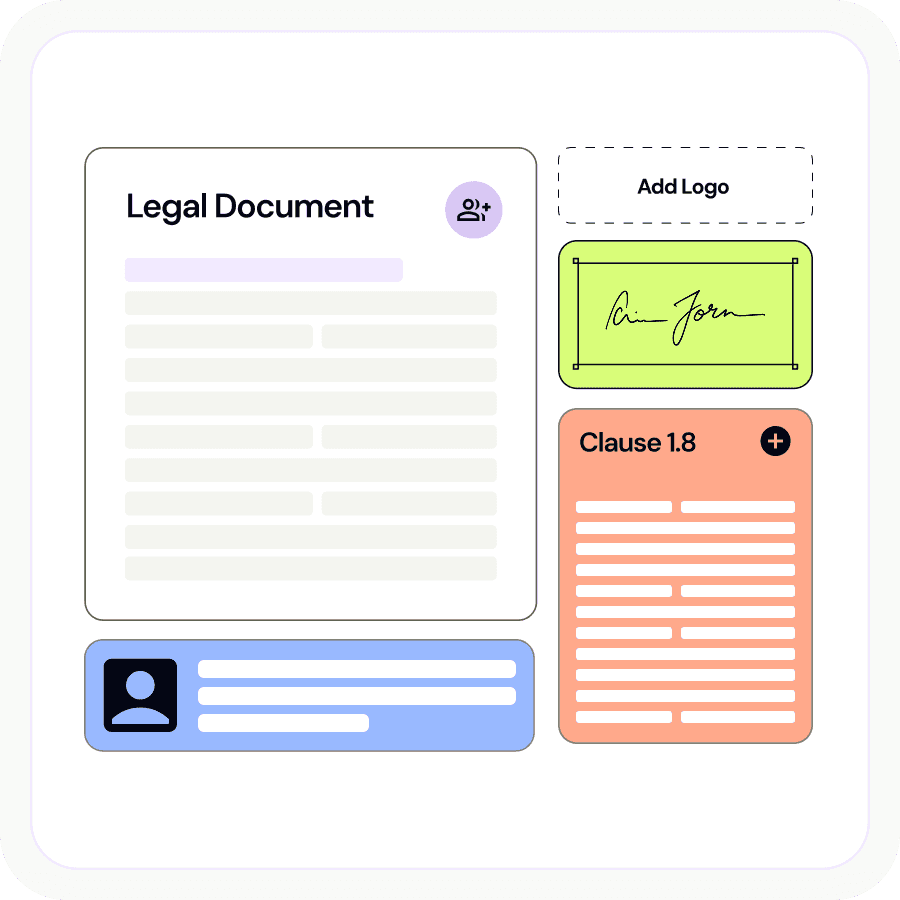Long service leave is something that is different from state to state. If you are living in the Northern Territory, then this post will help you understand what you are entitled to and how to use it to your benefit.
Governed by the Long Service Leave Act 1981 (NT), long service leave can help you take a much needed and well-deserved break from your 9 to 5.
Who can claim long service leave in the Northern Territory?
Most employees in the Northern Territory can claim long service leave if they have worked with the same employer for more than 10 years. However, if you are a government employee or construction worker you must refer to your industry award, employment contract or enterprise agreement for your leave entitlements.
How much long service leave can I get in the Northern Territory?
In the Northern Territory you can be eligible for 13 weeks of long service leave after 10 years of continuous service with your employer. You can still gain long service leave if you are casually employed. Long service leave is calculated at 1.3 weeks of leave for each year of employment.
It is important to note that you cannot receive payment in lieu of your long service leave. However, if you lose your job because your employer is bankrupt or liquidated, you may be able to get your long service leave entitlements paid out.
When can you not get long service leave?
Long service leave in the Northern Territory cannot be accrued if you take any unpaid leave, have any absences for workers compensation or only part years of completed service.
For example: You’ve been working for your employer for 15 years. However, you took unpaid leave for a period of 8 months to look after your child in 2017. This time taken will not be counted towards your LSL entitlements. This means that you will only have accrued LSL for 14 years and 4 months of service.
Can I get my leave paid in lieu?
It is important to note that you cannot receive payment in lieu of your long service leave. However, if you lose your job because your employer is bankrupt or liquidated, you may be able to get your long service leave entitlements paid out.
If you have completed 10 years of continuous service and haven’t taken your long service leave, you can get your credit paid out when you resign. You will receive payment for each completed year of service.
Can I get Pro-rata long service leave?
If you have completed at least 7 years of continuous service, but less than 10, you can only get your pro-rata long service leave paid out if you have reached retirement age, your employer ends your employment or you can no longer work due to illness or incapacity.
Key Takeaways
A long service leave claim can help you recharge and refocus. So, if you have worked for a company or business for over 10 years, you should consider taking a well-deserved break.
If you would like to know more about how long service leave in the Northern Territory affects you, you can hire an experienced Lawpath lawyer to guide you through your application.







